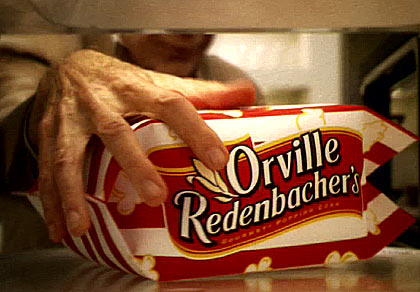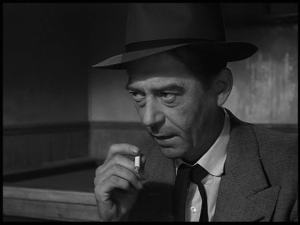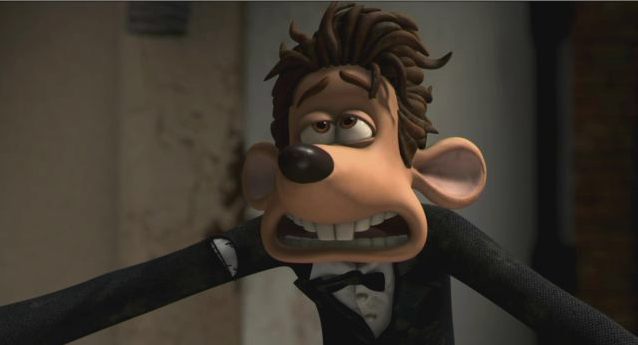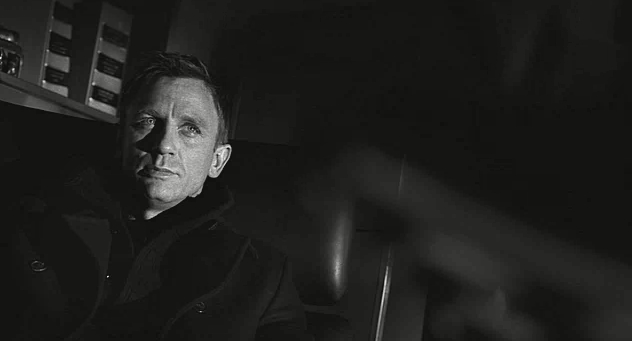As an interesting little side-note to my piece on Errol Morris’ The Thin Blue Line, Morris’ website has a clip (here) from an interview he did with Donald Trump, focusing on Citizen Kane.
I don’t have much time for Trump, but he is pretty articulate in commenting on the movie, although I don’t know if “get yourself a different woman” is the message I’d take from the film. Nevertheless, it’s interesting to hear the comments of a modern-day William Randolph Hearst on the movie. It’s a shame that Morris’ interview is squirrelled away on the web and largely unseen, but Trump’s “you’re fired” shenanigans are on TV.
(My own main piece on Kane is here.)




